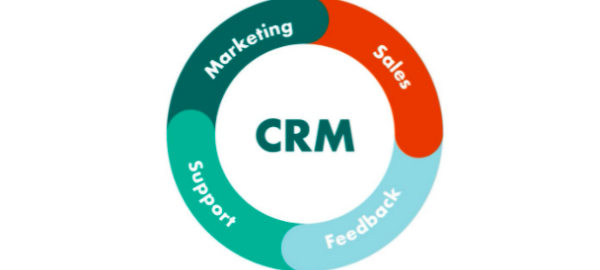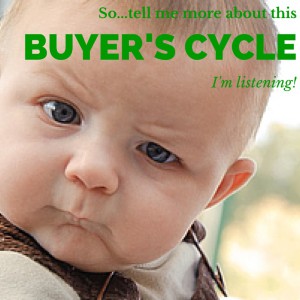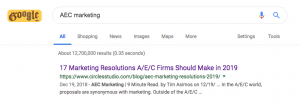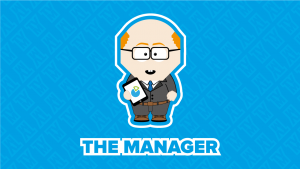Customer Relationship Management is a three-word term, but the essence lies in the mid-word Relationship. In times of bottleneck competition, meaningful relationships are the key to connect with retail consumers to add value to their journey. Technology advancement has impacted consumer behavior, and currently, retail customers need a more personalized approach in the marketplace. Every consumer wants to be treated as per their personality and not just like a puppet fetching money.
This piece comprises CRM software’s effect on growth productivity and how it will modify your company.
What is CRM?
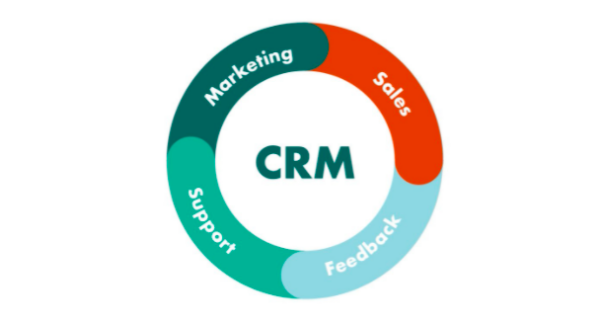
So, before moving ahead with the productivity enhancements, let’s find an answer to this budding question – What is CRM?
Well, CRM is a technology that manages all company’s interactions and client/consumer relationships. The end goal is clear: Improve enterprise relationships. A CRM software enables smooth connectivity across various business touchpoints.
Usually, people refer to a CRM system as a tool that assists with sales management, productivity, contact management, etc.
A holistic CRM system helps companies focus on organizational relationships with individual consumers, including suppliers, consumers, and service users. It will assist organizations across the consumer life cycle, including locating new consumers and offer services throughout the consumer journey.
How does CRM software work on growth productivity?
CRM software makes the selling process simpler by recording all product and consumer data in a consolidated system. In addition, it helps automate processes, from suggesting products to checkout to email marketing and everything that comes in between systems. Let’s walk through some great productivity improvements that one can achieve through CRM software.
- Personalized Customer Experience
Keeping track of consumers’ liking and contact information will help the retail sales teams respond to consumer-specific needs in a personalized approach. 90% of consumers are keen to share their behavioral data to profit from a seamless brand experience. For BTI sales, proper attention and more POC are needed; CRM enables the salesperson to start from where the other one is left. So, there is no room for deliberate time wastage and adds to productivity.
- Simplifies list segmentation
CRM system enables retail firms to analyze consumers via their email list based on life, stage, and demographics. By segmenting the list in this way, retail companies can easily target relevant prospects in specific locations with their marketing action plan.
- Smooth sales process
CRM software can be employed to trace consumers’ original intentions behind walking to the store and purchases. This allows salespeople to start the interaction where it ended earlier and offers them the required details for upselling or additional services. For example, if a customer recently got a refrigerator, employees can offer other kitchen appliances based on existing information.
- Decreases staffer training time
CRM retail software simplifies and reduces employee training time. Having all processes integrated into a solitary software system makes employees efficient and boosts confidence in no time. Spending less time in checkout and more on consumer engagement is the best part of this system.
- Streamlines stock management
CRM software that enables employees to evaluate stock levels boosts CX. For example, when a worker has a permit to check stock levels of different shops and warehouses, they can easily do what the consumer wants. This feature also helps managers to regulate inventory from remote working.
- Easily syncs with other programs
Retail CRM often syncs with other programs like email providers, accounting software, and payment processing systems. All the integration helps in increasing employees’ productivity by offering the information in real-time.
- Integrates with social and smartphone applications
Integrating social and mobile platforms into CRM sales process software boosts the productivity of a retail sales worker by 11-14%. In addition, extending your services and products outside physical stores can improve productivity and increase returns.
How CRM modifies businesses for the betterment?
Retail stores that use CRM software experience the below-mentioned modifications
- Increase in leads
CRM software allows the retail sales team to access contact information and email addresses as part of the checkout procedure. As a result, 60% of people are willing to share contact info to expedite the on-site shopping experience. In addition, when salespeople collect contact information, they directly expand their reach and promote the brand in new areas.
- Improved loyalty
Repeat shopping only occurs when services or products are customized as per client needs. CRM software systems help businesses to increase loyalty by getting to know the consumer base. For instance, fetching birth dates and then offering personalized deals during birthday week. Recruiting consumers in such loyal programs will establish long-term relationships.
- Automated marketing
Automation precisely applies to digital marketing. List segmentation, for one, enables retail firms to send out the right promotion at the right time. For instance, a company collects purchase data from pregnant women. Then, with the help of CRM, businesses can directly send suggested product promotions. This automated marketing strategy boosts sales by reaching consumers at the right time.
- Escalated ROI
By employing the data fetched from the CRM, retail firms can analyze which strategies worked the best and which went flop to modify and reconfigure the strategy and make them efficient and effective. As retail firms sharpen their strategies, they can measure their effectiveness and secure a greater ROI.
- Online/offline integration
Integrating both offline & online sales strategies simplifies the whole selling procedure. It allows companies to connect with consumers while they are not visiting the store. Retail owners do have a choice; they can either wait for prospects to barge in during sale or directly reach consumers’ inboxes, including those who weren’t shopping, to be aware and entice them for sale.
- Upsurge in referral rates
Happy satisfied customers are the best brand ambassadors. Whenever a person prefers a product, they are more likely to share it with their friends and family. Therefore, including a consumer referral program into the CRM sales program is a perfect way to increase ROI.
Conclusion
As a company directs towards building client relationships, it can improve the loyalty factor to become a trustworthy brand.
CRM software enables companies to focus more on consumer requirements from the time they connect with the brand.
CRM systems offer effortless personalization, making a brand a household name. The perfect integration of physical and digital stores offers a brand experience that makes consumers feel controlled.
Business & Finance Articles on Business 2 Community
(97)
Report Post